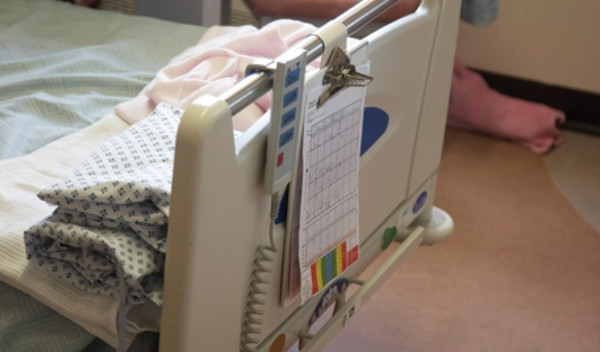

The four most prevalent critical illnesses, cancer, Multiple Sclerosis (MS), strokes and coronary heart disease, have impacted the economy to a loss of £15.2bn, according to research by Legal & General.
The insurer found cancer alone accounted for a £9.3bn detriment to the economy, with a fifth of that cost being the result of employees continuing to work but being impacted by ongoing complications such as fatigue and post traumatic stress.
The research, conducted by the Centre for Economics and Business Research for L&G, found coronary heart disease and strokes had an annual financial impact of £2.8bn and £1.9bn respectively.
Although less prevalent, MS was found to have a disproportionate effect on the UK workforce compared to the number of sufferers, with an employment rate of 28 per cent.
The research suggested the impact of MS extended further than to employees leaving the workforce, with sufferers returning to work earning up to £8,000 less each year.
Craig Brown, director of Legal & General Intermediary, said the research highlighted the need for protection policies which could mitigate the financial impact of a critical illness.
He said: "Though the effects of critical illness on our health are rightly front of mind, our research clearly shows that these diseases can have a major impact on our ability to work and earn a steady income."
"The lump sum paid out by critical illness insurance can be invaluable in helping consumers to manage their financial circumstances in their time of need.
"By helping to pay off essential monthly outgoings, these policies can help remove added worry about money at a time when individuals need to focus on their recovery."
Alan Lakey, director at CIExpert, said the figures were not surprising considering the vast costs incurred due to critical illness, from downsizing a home, to making structural alterations and the increased expense of doctor appointments.
He said: "When considering critical illness I always advise clients to consider the worst aspect, which is being paralysed and never being able to work again and also requiring full-time care.
"Financially, this is worse than premature death because it impacts on the earnings and expenditure of others. It also impacts on state benefits reducing the amount available within the national budget."
Mr Lakey said many occupations may prove impossible to continue if the critical condition is progressive, meaning the loss of income is equally progressive.
John Summerfield, protection director at The Mortgage Broker, said whilst the impact on the economy of diseases like cancer and strokes was clear, the effects of these conditions were much more immediate and financially damaging for the individuals diagnosed with them.
He said: "Being diagnosed with a critical illness means that people often have to take time off work to recover, which has a financial impact through loss of earnings and the added worry of struggling to pay monthly bills or the mortgage.
"This is precisely where critical illness insurance can play a positive role, providing much-needed support for individuals and their families by paying out a lump sum to cover monthly costs.
"By having protection like this in place, the policyholder can ultimately focus on what really matters – their recovery."
rachel.addison@ft.com



